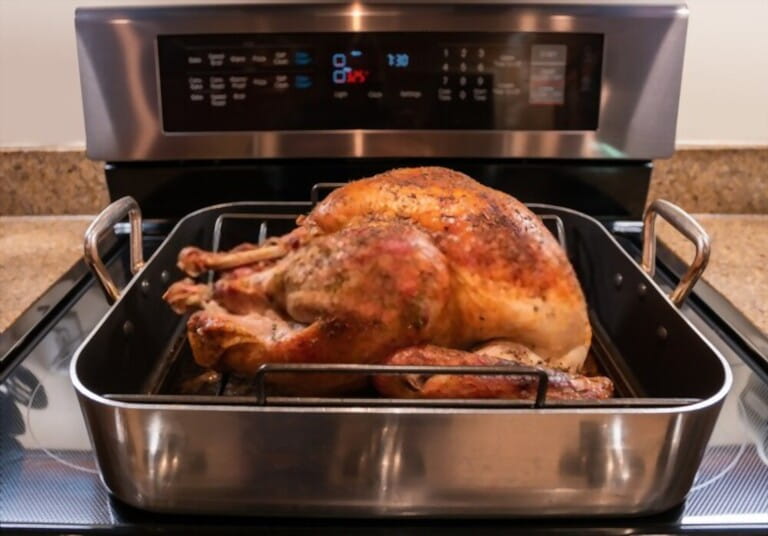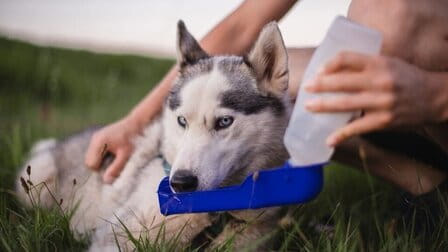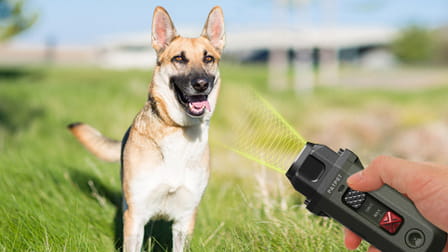Turkey is a popular protein source for humans, and it can also be a great addition to a dog's diet. As a lean protein source, turkey offers various health benefits to dogs, including supporting healthy muscles, boosting the immune system, and promoting a healthy weight. Turkey is also a good option for dogs with food allergies or sensitivities, as it is not commonly found in commercial dog foods. However, it is important to know how to properly incorporate turkey into a dog's diet and the precautions to take to ensure it is a safe and healthy addition. In this essay, we will discuss the benefits of turkey for dogs, as well as the precautions and considerations to keep in mind when feeding it to our furry friends.

Nutritional Value of Turkey for Dogs
Turkey offers numerous nutritional benefits for dogs, as it is a rich source of high-quality protein that supports healthy muscles and tissues. Additionally, its low-fat and low-calorie content makes it a great option for dogs with weight issues or those susceptible to fat-related health problems. Turkey is also packed with essential vitamins and minerals that aid in various bodily functions in dogs. Thus, this article will delve into the nutritional value of turkey for dogs and explore its specific benefits in depth.
High-quality protein source
The high-quality protein content of turkey is one of its most significant benefits for dogs. Dogs require protein in their diet to support muscle development, tissue repair, and other essential functions. The protein in turkey is considered high-quality because it contains all of the essential amino acids that dogs need. These amino acids cannot be produced by the dog's body, and therefore must be obtained through their diet. Turkey's protein content also makes it a good alternative to other protein sources for dogs that may have allergies or sensitivities to more common protein sources like chicken or beef.

Low in fat and calories
Another significant benefit of turkey for dogs is that it is low in fat and calories. Dogs that consume too much fat are at risk of developing health problems such as obesity, pancreatitis, and heart disease. Therefore, feeding them lean meats like turkey can help prevent these issues. Turkey is also low in calories, making it an excellent option for dogs that need to lose weight or maintain a healthy weight.
Rich in vitamins and minerals
In addition to being a great source of protein, turkey is also packed with essential vitamins and minerals that are important for a dog's overall health. B vitamins found in turkey aid in maintaining a healthy nervous system and help with energy metabolism. Turkey is also rich in minerals like zinc, potassium, and phosphorus, which play a crucial role in promoting healthy bones, teeth, and immune system function. These nutrients are essential for maintaining a dog's overall health and well-being.
Good source for essential amino acids
Essential amino acids are crucial for a dog's body, as they play a vital role in various functions such as muscle development, tissue repair, and overall growth and maintenance. However, dogs cannot produce some of these amino acids on their own, which means that they must obtain them from their diet. Turkey is a great source of essential amino acids as it contains all the amino acids necessary for a dog's body to function correctly. By incorporating turkey into their dog's diet, pet owners can ensure that their furry friend is receiving an adequate amount of essential amino acids.

Benefits of Health from Turkey for Dogs
Turkey is a highly nutritious food for dogs that offers several health benefits. It is a great source of high-quality protein, low in fat and calories, and rich in essential vitamins and minerals. Turkey also contains essential amino acids that play a vital role in muscle development, tissue repair, and growth in dogs.

Helps to maintain the healthy weight
It is a great source of high-quality protein, low in fat and calories, and rich in essential vitamins and minerals. Turkey also contains essential amino acids that play a vital role in muscle development, tissue repair, and growth in dogs.
Supports healthy for both tissues and muscles
Protein is a fundamental component of cells that helps maintain and repair cells and tissues in a dog's body. These proteins also aid in muscle development, immune system strengthening, energy improvement, and promote cell and tissue growth and repair. Therefore, feeding dogs turkey provides them with enough protein to maintain healthy muscles and tissues, especially when combined with other healthy dietary and lifestyle habits.
Promotes healthy skin and coat
A dog's skin and coat health can benefit greatly from the nutrients found in turkey, such as vitamins B3, B6, and B12. These vitamins help to keep the skin moisturized, prevent dryness, and improve coat texture. In addition, turkey is a rich source of omega-3 fatty acids that can reduce inflammation and itching, leading to a healthy and shiny coat.

Helps prevent chronic diseases
Incorporating turkey into a dog's diet can help prevent chronic diseases. Turkey is packed with nutrients such as vitamins B3, B6, and B12, which help support the immune system and prevent chronic diseases. Additionally, turkey is a good source of selenium, an essential mineral that can reduce the risk of cancer and other chronic diseases.
Precautions and Considerations
As pet owners, it is crucial to provide our furry friends with a well-balanced and nutritious diet to maintain their overall health and well-being. Incorporating turkey into a dog's diet can offer numerous health benefits, including promoting healthy muscles and tissues, maintaining a healthy weight, promoting healthy skin and coat, and preventing chronic diseases. However, it is important to consider several factors when introducing turkey into a dog's diet, such as their age, health status, and any potential allergies or sensitivities. By taking these precautions, pet owners can ensure that their dogs reap the full benefits of turkey while avoiding any negative consequences.
Choosing the right type of turkey for dogs
When choosing turkey as a protein source for dogs, it is important to select the right type. It is best to opt for lean cuts of turkey, such as the breast or thigh meat, and avoid processed meats like deli turkey or turkey sausage that may contain additives harmful to dogs. Additionally, it is crucial to ensure that the turkey is fully cooked and free from any bones that may pose a choking hazard to dogs.
Avoiding high-fat turkey preparations
These high-fat preparations can lead to weight gain and digestive issues in dogs. Additionally, high-fat foods can also cause pancreatitis, a condition where the pancreas becomes inflamed and can't function correctly. To ensure that your dog benefits from the health benefits of turkey, it's best to choose lean cuts of turkey and avoid high-fat preparations.

Consultation with a veterinarian
Before introducing turkey to a dog's diet, it is important to consult with a veterinarian. They can advise on the appropriate amount of turkey to give, taking into consideration the dog's breed, age, weight, and overall health. Furthermore, a veterinarian can also recommend ways to incorporate turkey into a balanced diet that meets the dog's nutritional needs. Regular check-ups with a veterinarian can help ensure that the dog is maintaining a healthy weight and is not developing any health issues related to their diet.
Conclusion
In conclusion, adding turkey to a dog's diet can offer many health benefits due to its protein, essential vitamins, minerals, and omega-3 fatty acids. However, pet owners should select the right type of turkey and avoid high-fat preparations. Consulting with a veterinarian is also crucial to determine the appropriate amount and frequency of turkey intake for each dog based on their individual needs and health conditions. Remember, turkey should be part of a balanced diet that includes a variety of other proteins, vegetables, and grains to ensure optimal nutrition for our furry friends.













